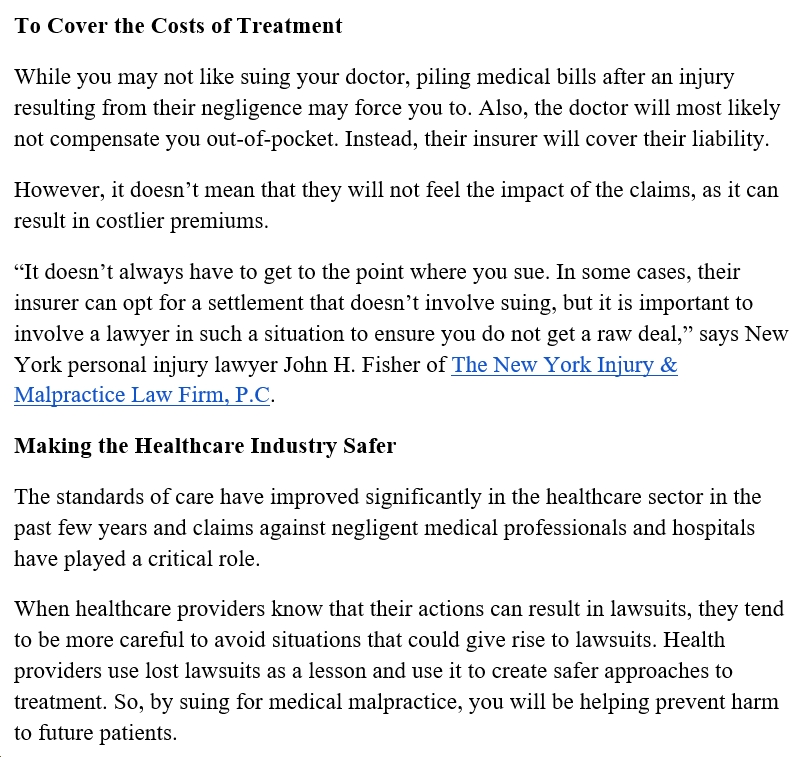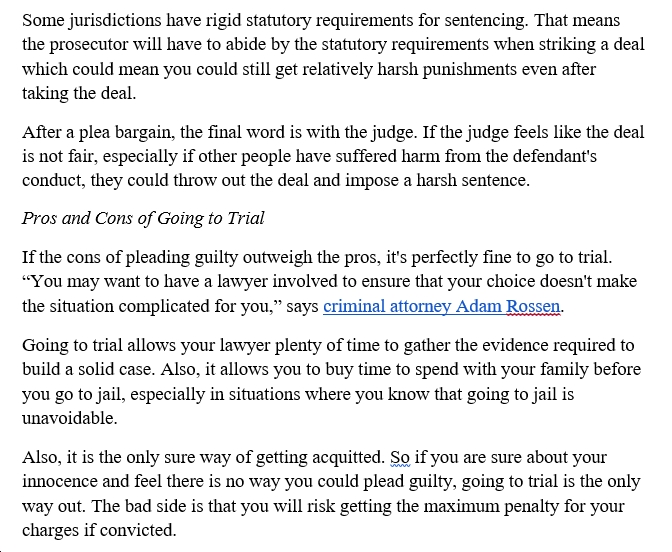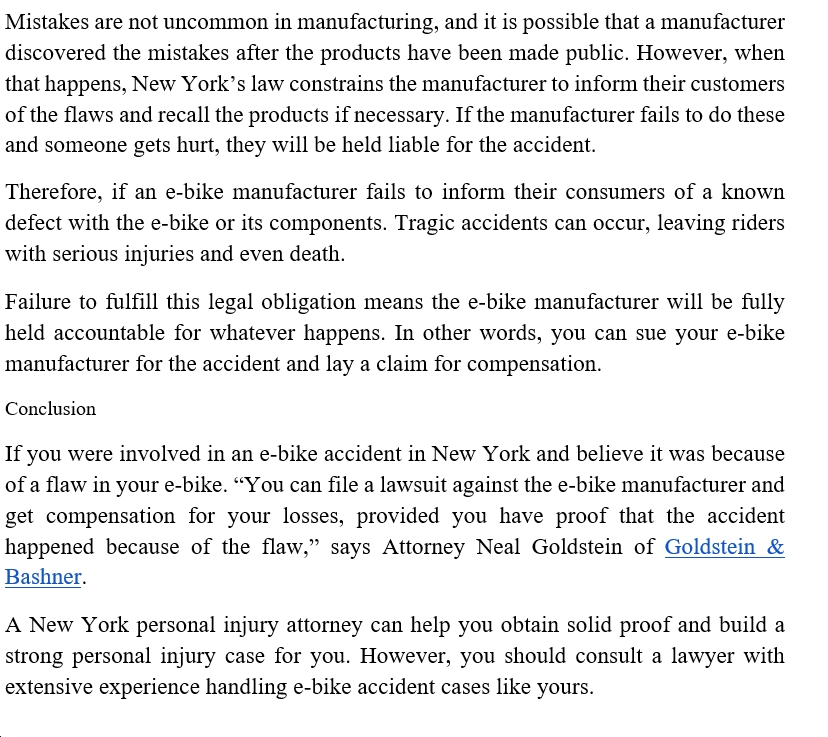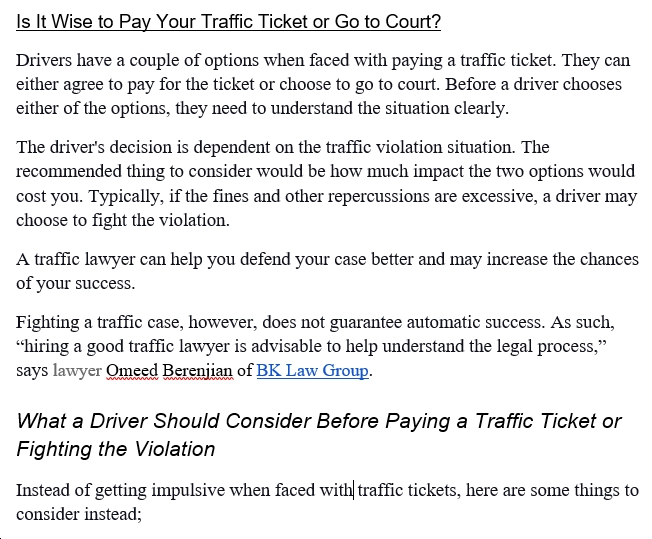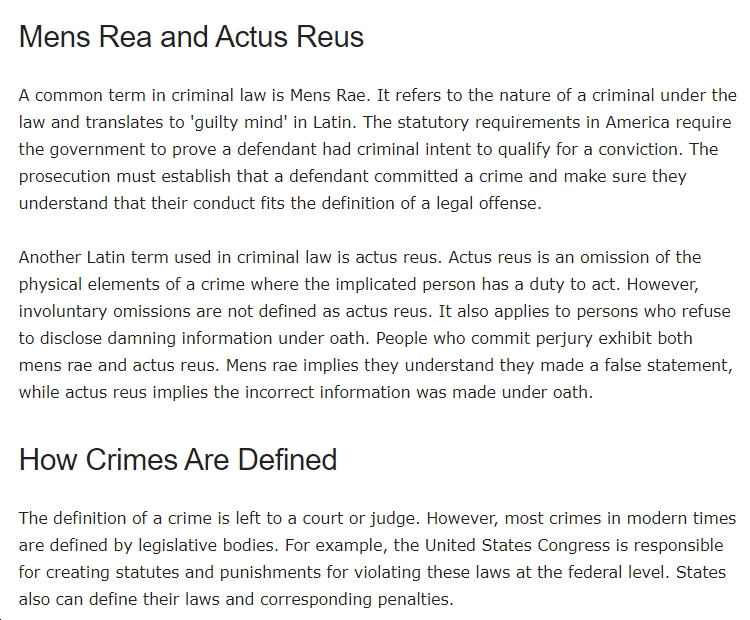SPONSORED CONTENT
The effects of drunk driving are well-known to most people. The act is illegal in all states and could lead to license suspensions, hefty fines, and jail terms in some instances. That aside, alcohol interferes with your vision, slows reaction time, impairs judgment and muscle coordination, and could lead to severe accidents.
The legal blood alcohol content (BAC) for most states is 0.08 percent and is tested using a breathalyzer or a blood test. Having a BAC over the legal limit could lead to a DUI conviction, and in some instances, you may get arrested for a DUI even if you are under the limit. A person who has been drinking will undoubtedly register a higher BAC.
However, there are situations when individuals face DUI charges without consuming alcohol. What causes such conditions? Read on to find out.
A person is said to be driving under the influence (DUI) when they have taken a substance that renders them less safe to drive. Though commonly used to refer to alcohol, intake of any other drugs or substances can still warrant a DUI arrest. This is often referred to as “DUI-Drugs.”
If the arrested individual had not been drinking alcohol, the police could do further tests to determine if they had taken any illegal substances or anything that affected their driving. This commonly comes in the form of a blood test. As stated, if these tests come out positive, you will face a DUI conviction.
Besides alcohol intake, here are some substances that can lead to a DUI.
Over-The-Counter Medication
Medicine taken for colds, pain, diarrhea, constipation, and other conditions could have side effects, such as drowsiness and fatigue, that make it less safe for someone to drive. Over-the-counter drugs do not require a prescription, and thus, anyone can access them. This has led to the abuse of drugs such as painkillers and cold medicine. Even though these medicines are helpful, they may affect a driver’s ability to safely operate a vehicle.
Prescription Medicines
Like over-the-counter drugs, prescribed medicines also have noticeable side effects. Most of these effects are labeled on the medicine, but most people choose to ignore them because they were prescribed by a healthcare professional.
Most prescribed medicines warn against operating machinery or driving after taking them. This is because they affect a driver’s mental awareness and ability to drive safely.
Drugs
Illegal consumption of drugs like heroin and cocaine significantly affects a driver. Drivers may experience vision impairment, hallucinations, fear, and violent behavior.
If any illegal substances are found in your system, officers will not hesitate to arrest you for DUI.
Key Takeaways
Contrary to popular belief, DUI arrests do not necessarily stem from alcohol consumption. In some cases, taking over-the-counter drugs, prescribed medication, or illegal drugs might lead to a DUI arrest.
“Sometimes, an individual may be unaware of how medication or drugs taken affect their cognitive ability to operate a vehicle. Officers are becoming at detecting drivers who are high as opposed to just drunk. It is imperative you heed the warnings of any medication before deciding to get behind the wheel,” says DUI defense attorney Ryan Brown.
To avoid facing DUI charges, have a sober friend drive you or use a taxi service when going home. Also, avoid driving while taking medicine that affects a driver’s behavior. If unsure, always ask your doctor or pharmacist if it is okay to drive after taking the prescribed medication.

